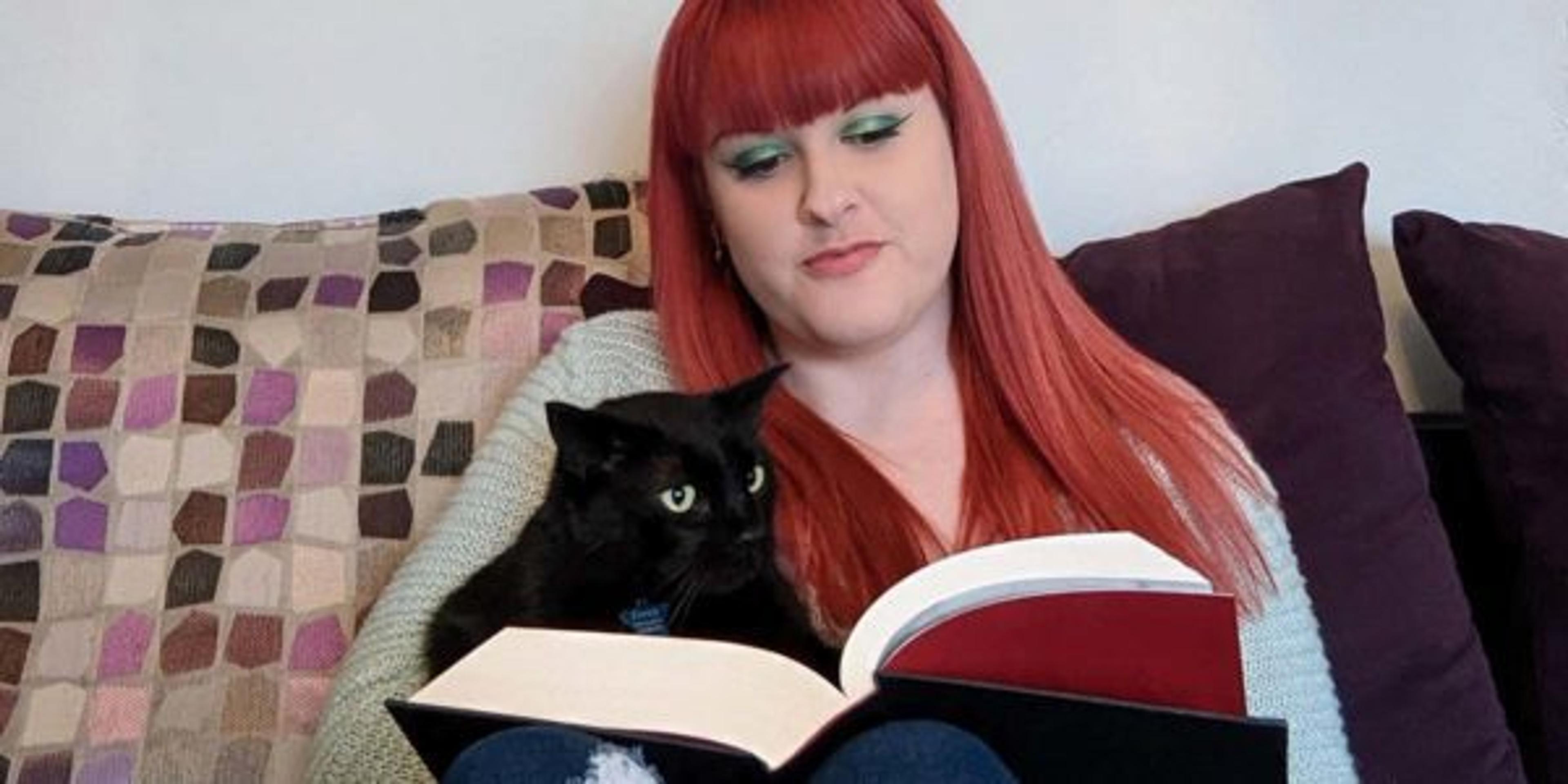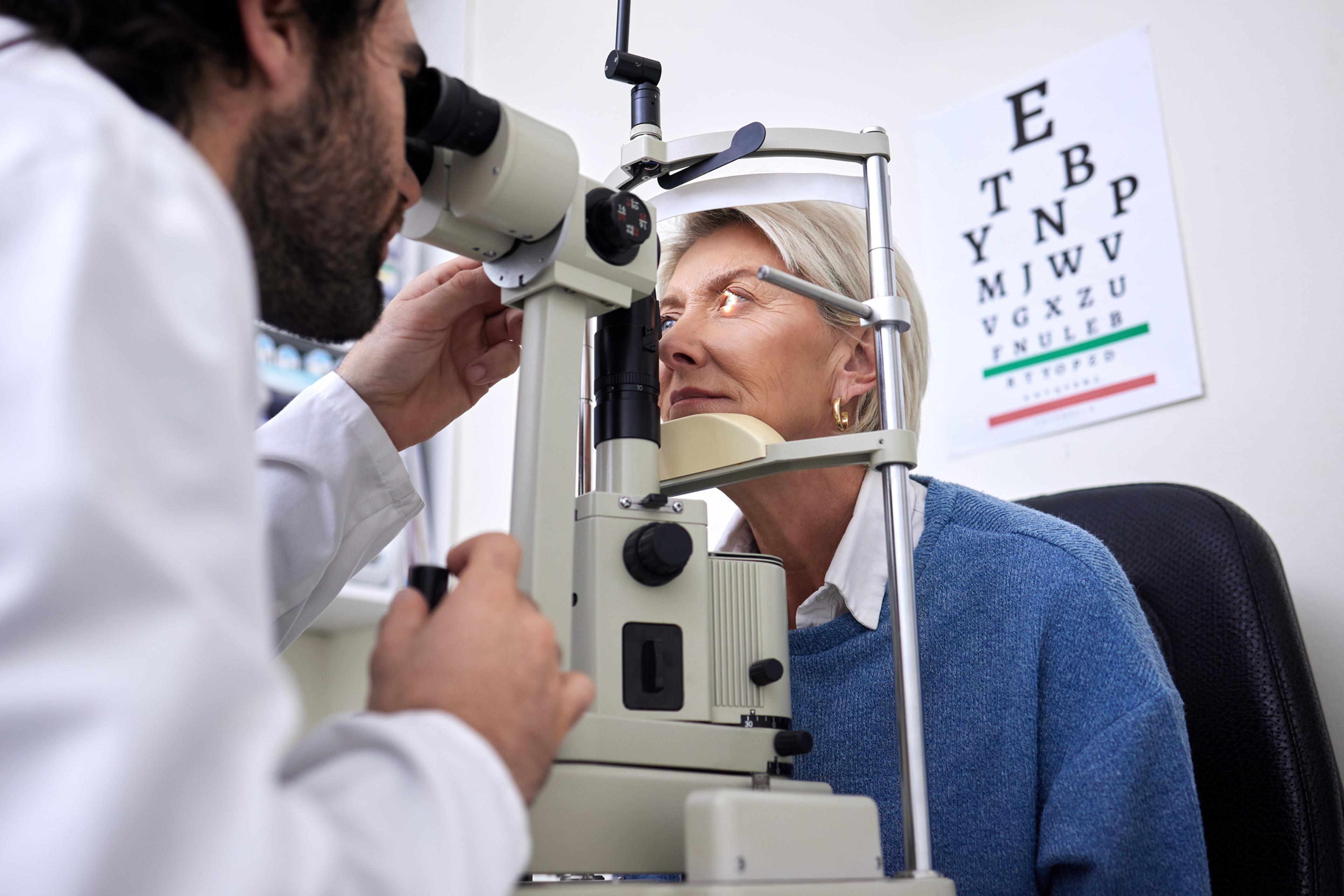How Access to Diverse Stories Would Have Helped Me in High School

Monica Drake
| 2 min read

I love books. And my favorite part about books is that there’s no better way to transport yourself into someone else’s life and perspective.
In 2021, my workplace launched an employee book club to increase understanding, build cultural competency, and foster discussions in the workforce. One of my favorite book club selections was “Felix Ever After” by Kacen Callendar — a story about a Black transgender teen navigating high school, friendship and first love.
I wish I had a book like “Felix Ever After” in high school to open my eyes to gender identity and transgender issues. This was a topic that was never talked about in my school, and I, unfortunately, didn’t learn about until I was in my 20s.
And that’s why it’s crucial to include books from diverse perspectives in all school curriculums and on the shelves of all school libraries. So, it’s no wonder that, where there’s a lack of access to diverse books, it results in feelings of isolation that can then lead to mental health challenges like anxiety, depression, stress, imposter syndrome, suicidal ideations, etc.
While more books than ever are featuring diverse characters, kids need to have access to these books. Books featuring as many diverse perspectives as possible need to be in school libraries, and they need to be part of students’ education. While books like “Romeo and Juliet” and “The Great Gatsby” may be mandatory reading materials – so should books like “Felix Ever After.”
I recently read a column in The Daily Campus in which University of Connecticut student Madeline Papcun writes, “We want children and young adults to understand how the world works and their place in it, as well as how they can bring about change. Thus, we need to have these conversations about race, sexuality, gender, mental illness and other taboo topics. … These books can spark conversations that can end up saving lives.”
Opinions expressed in this blog belong solely to the author and do not necessarily reflect the opinions or beliefs of Blue Cross Blue Shield of Michigan or its subsidiaries and affiliates.
More from A Healthier Michigan:
Photo credit: Getty Images





